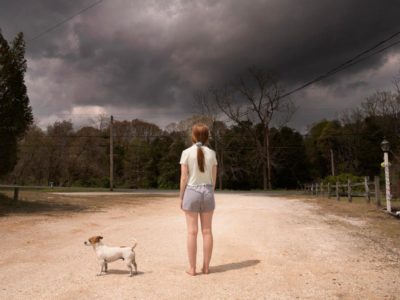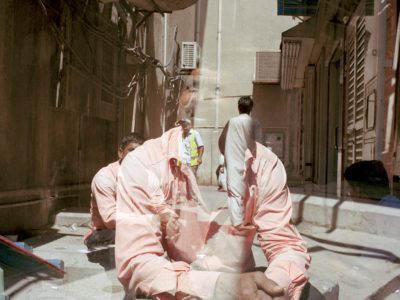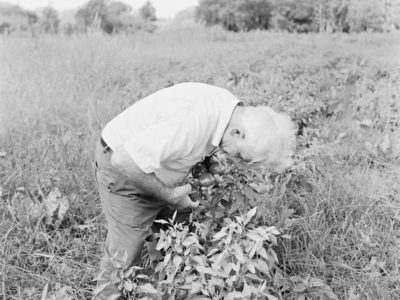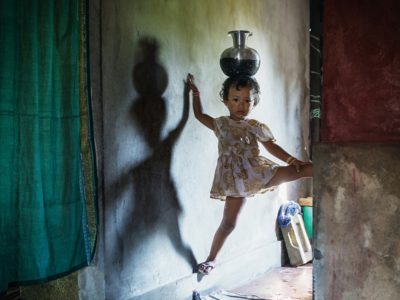Tommaso Bonaventura Portrayed Each and Every One of a Small Italian Town’s Residents
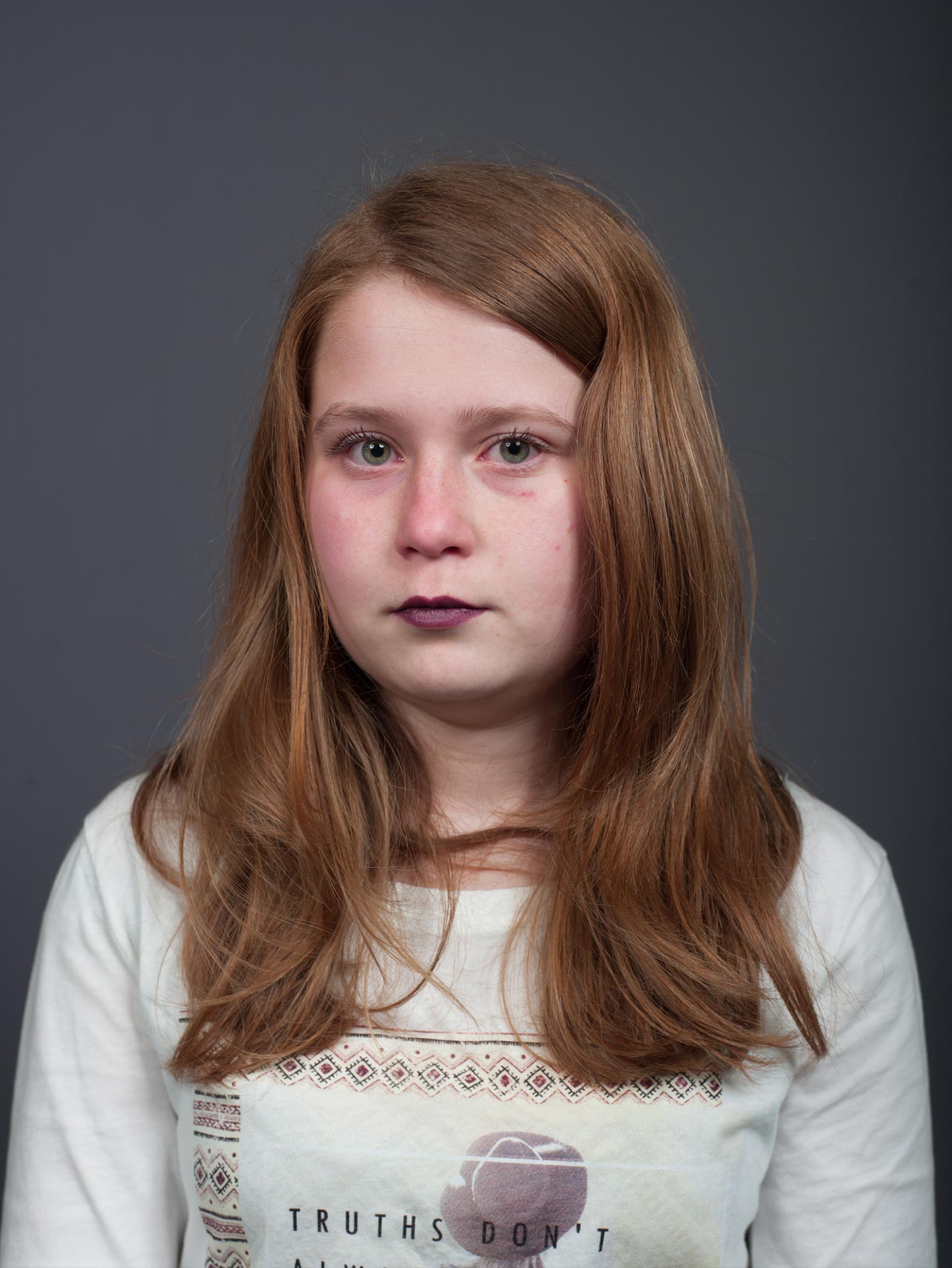
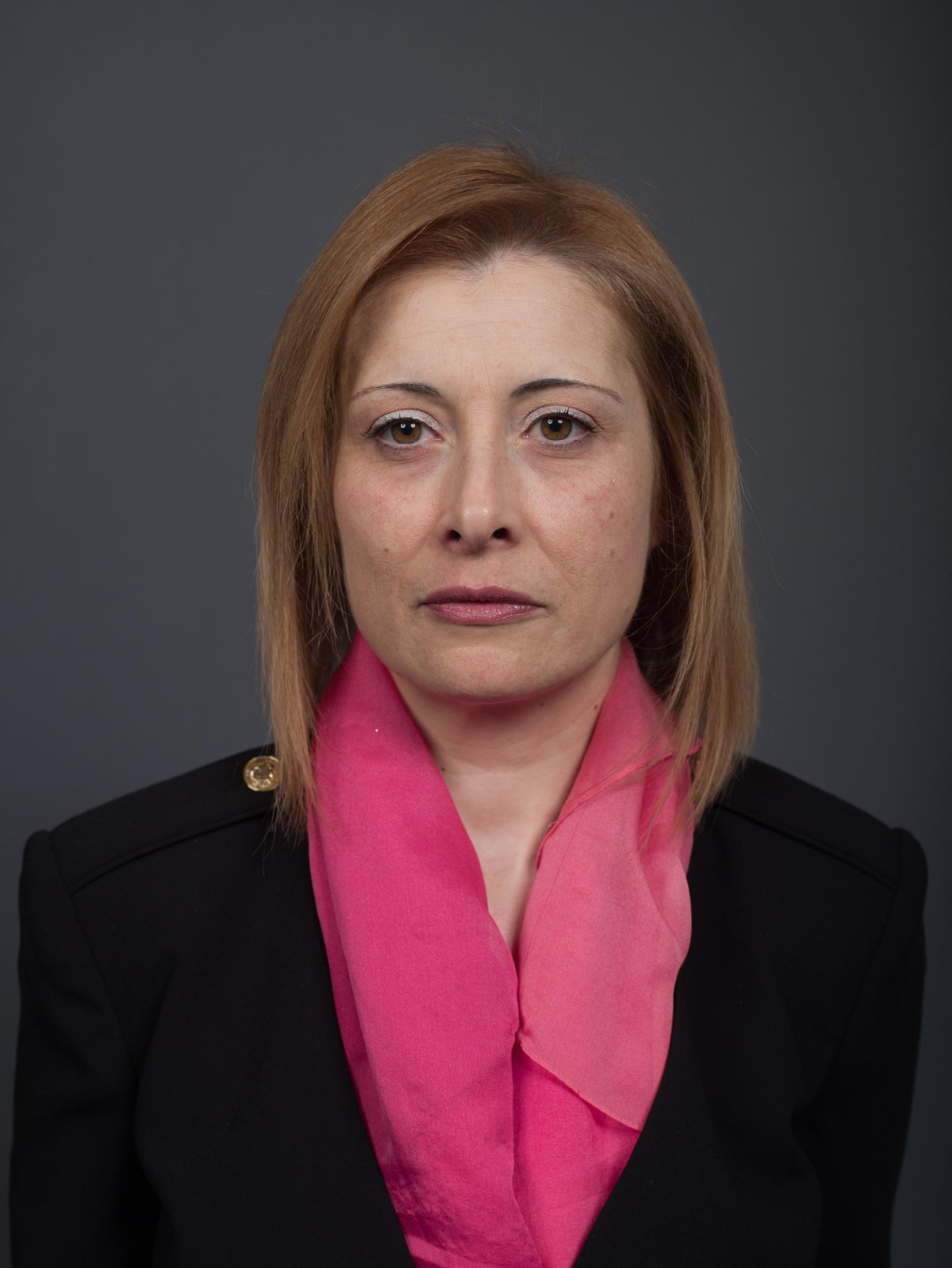
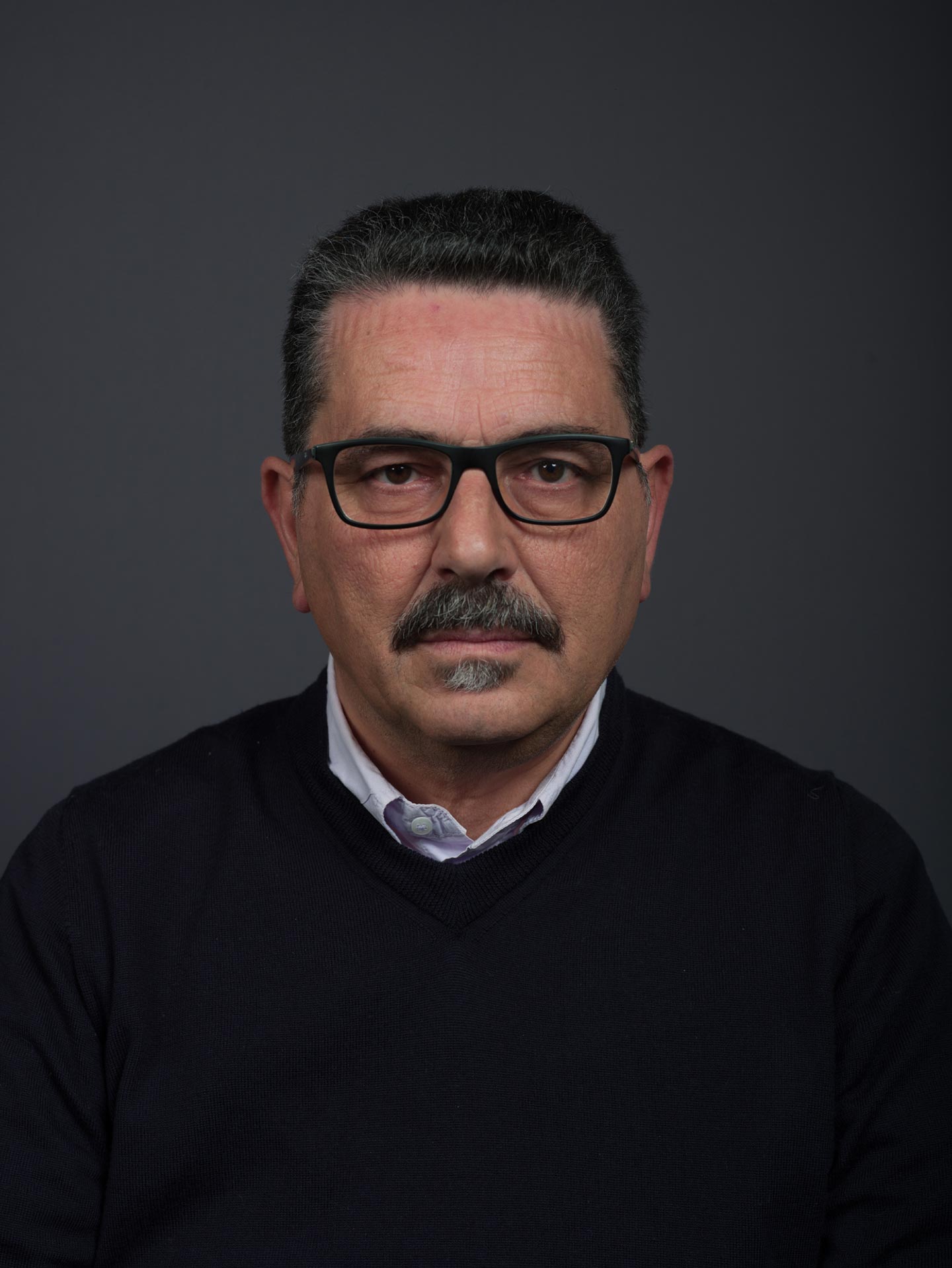
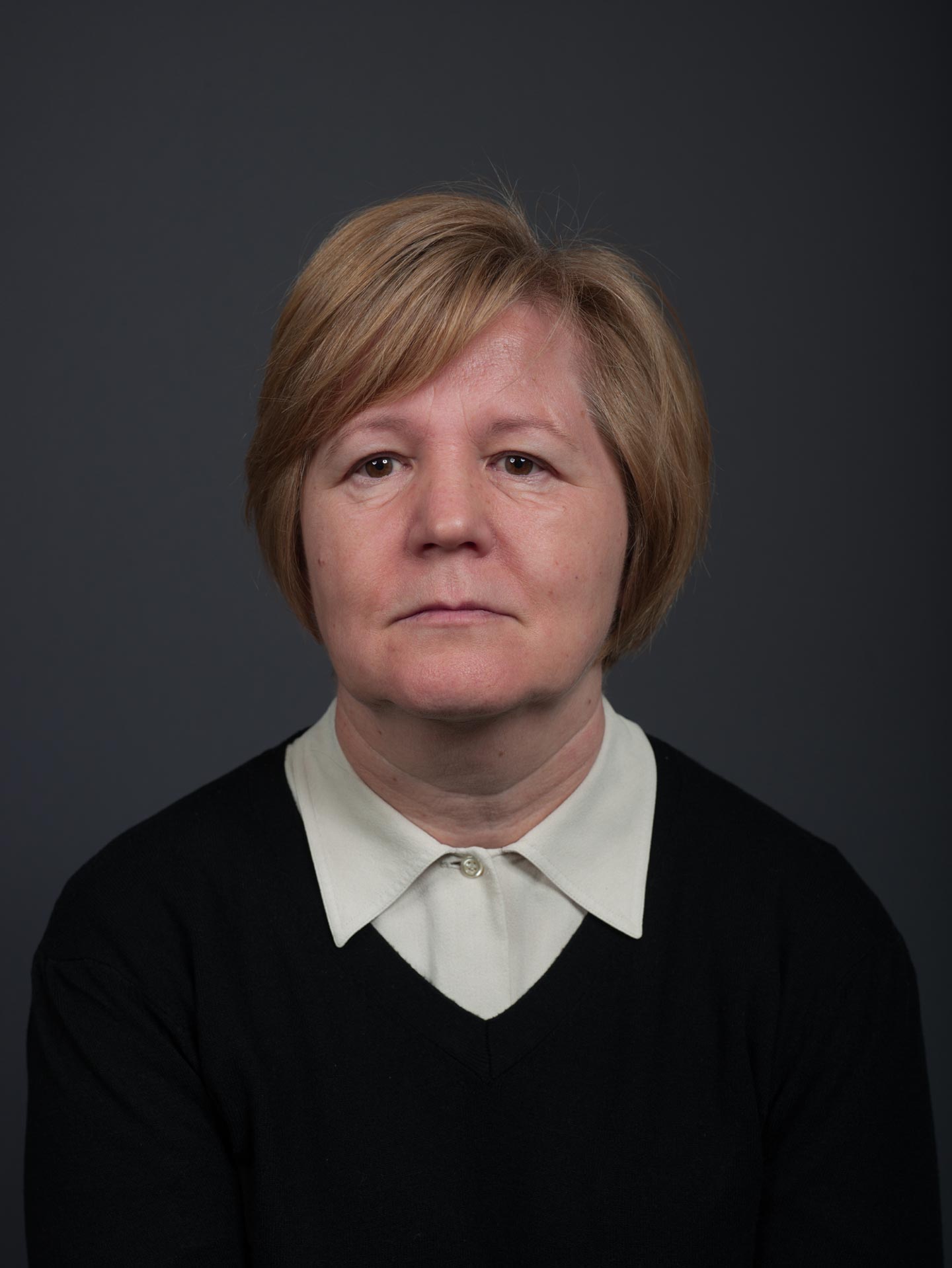
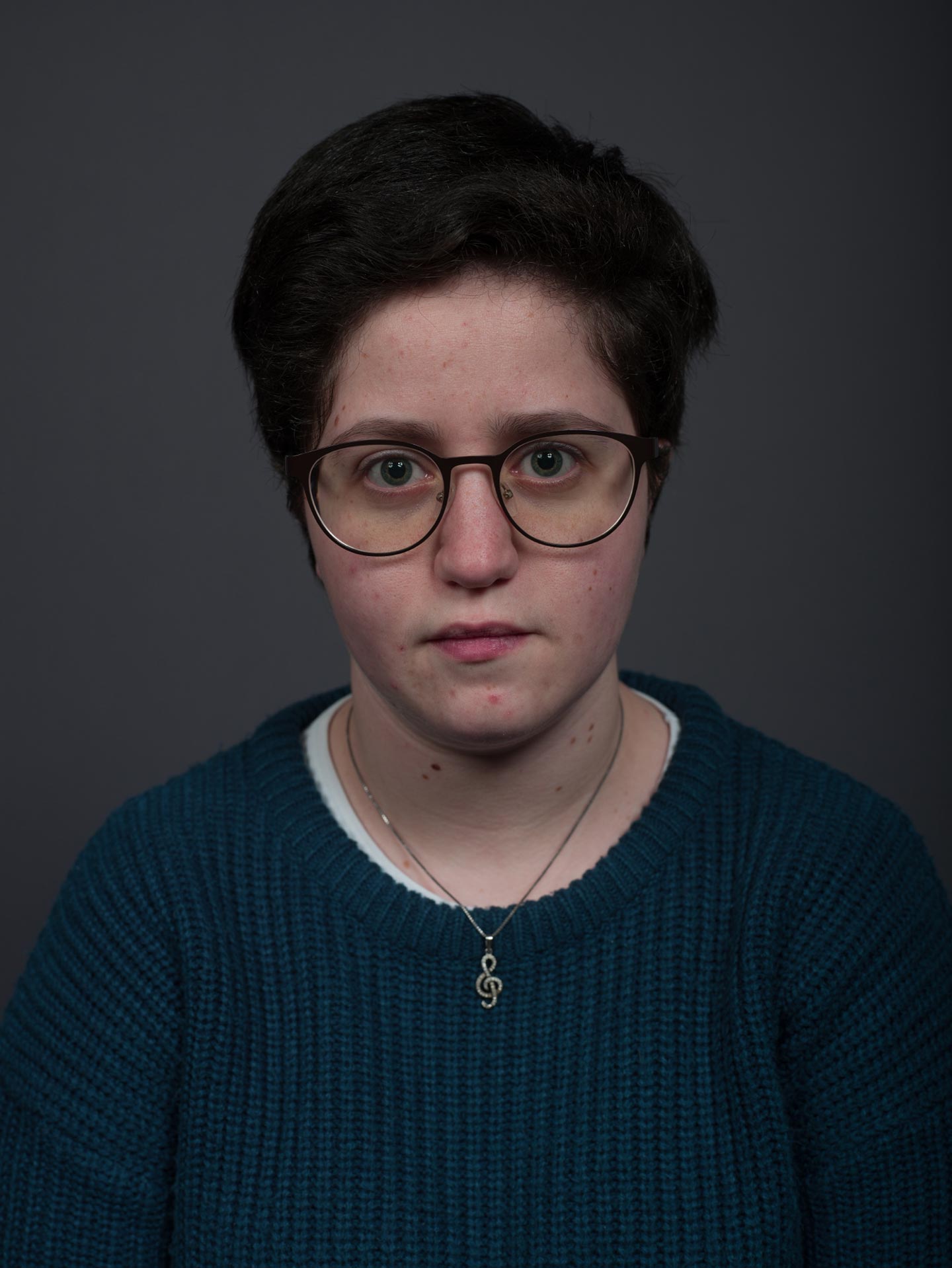
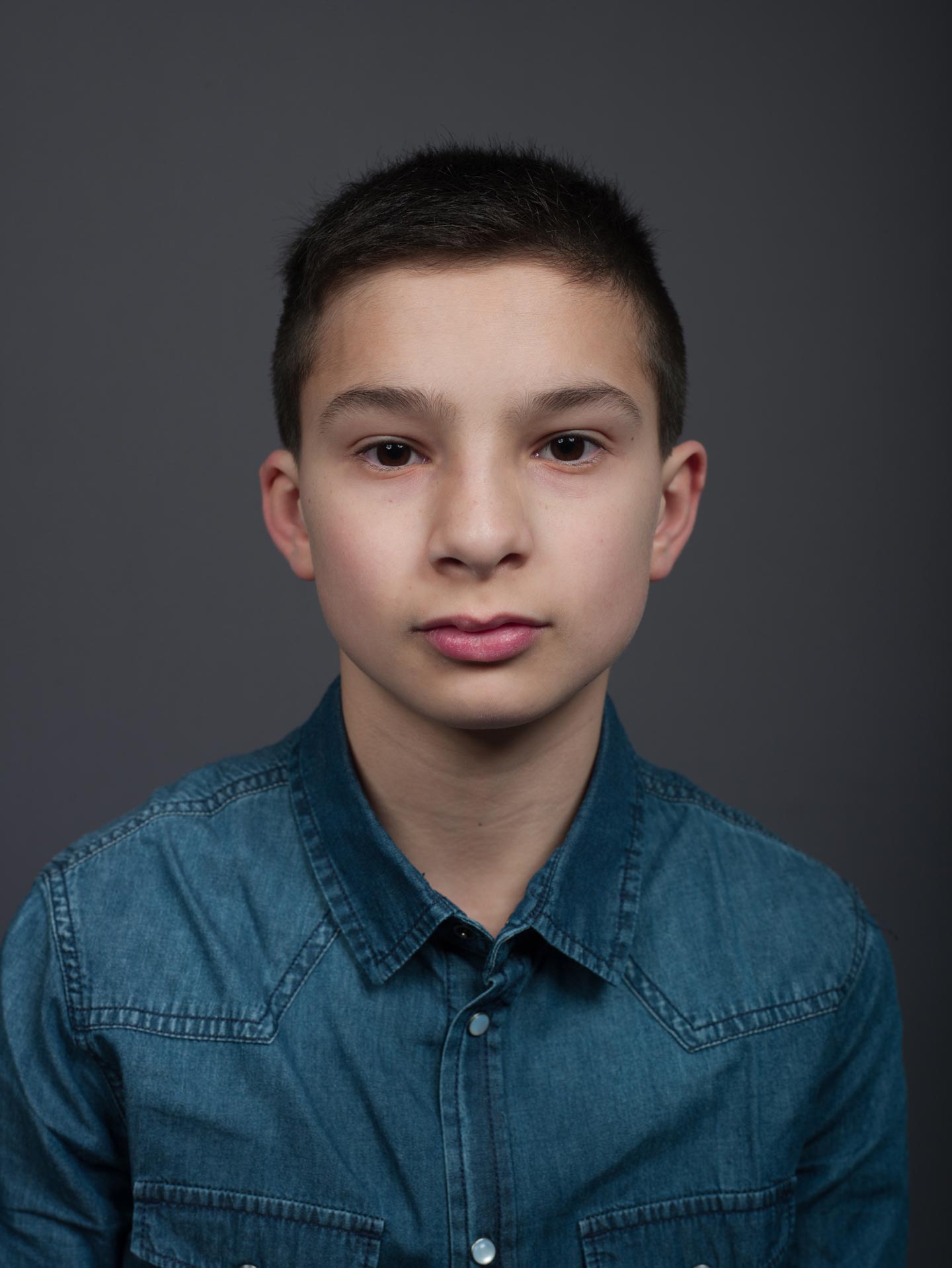
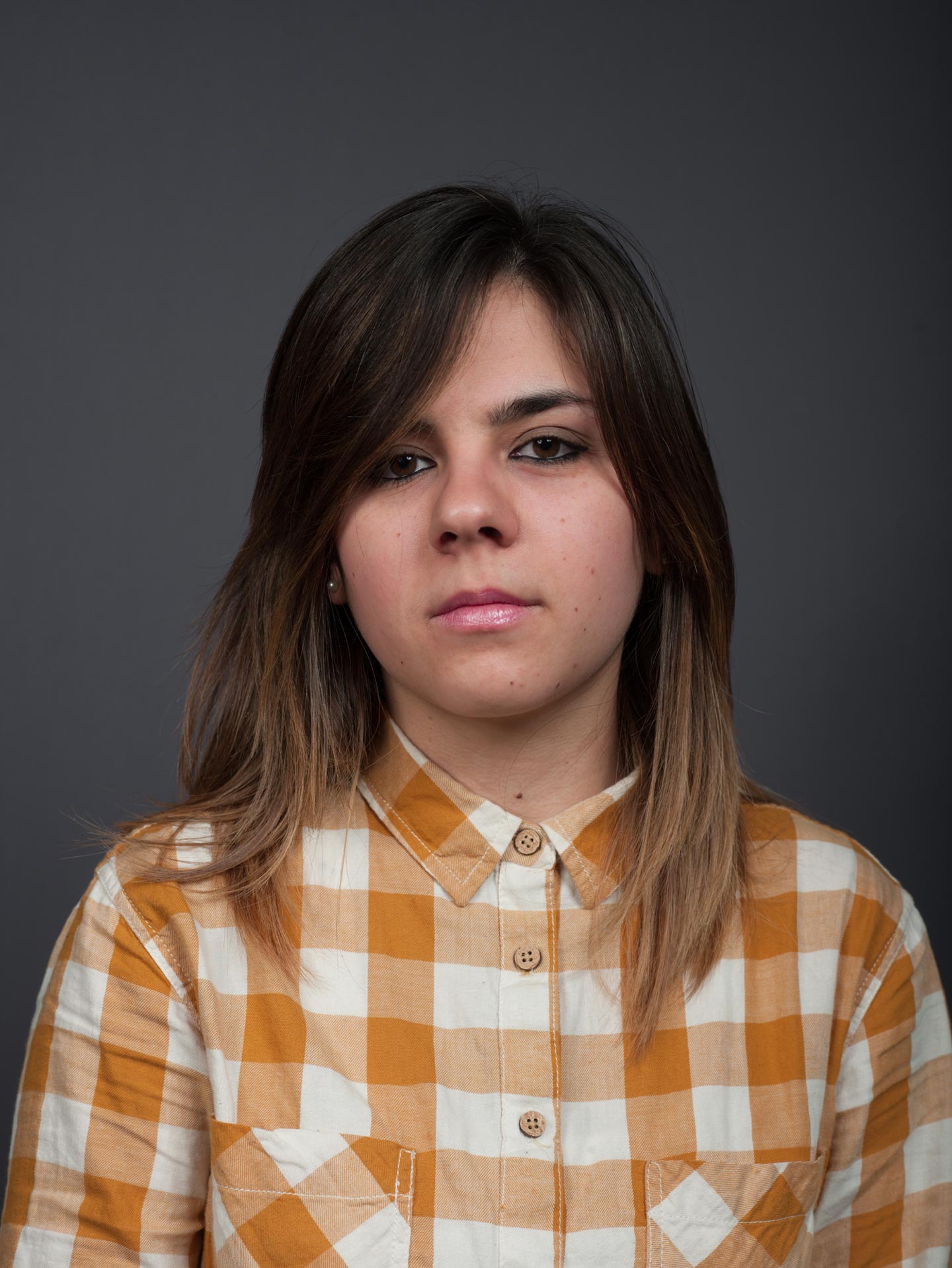
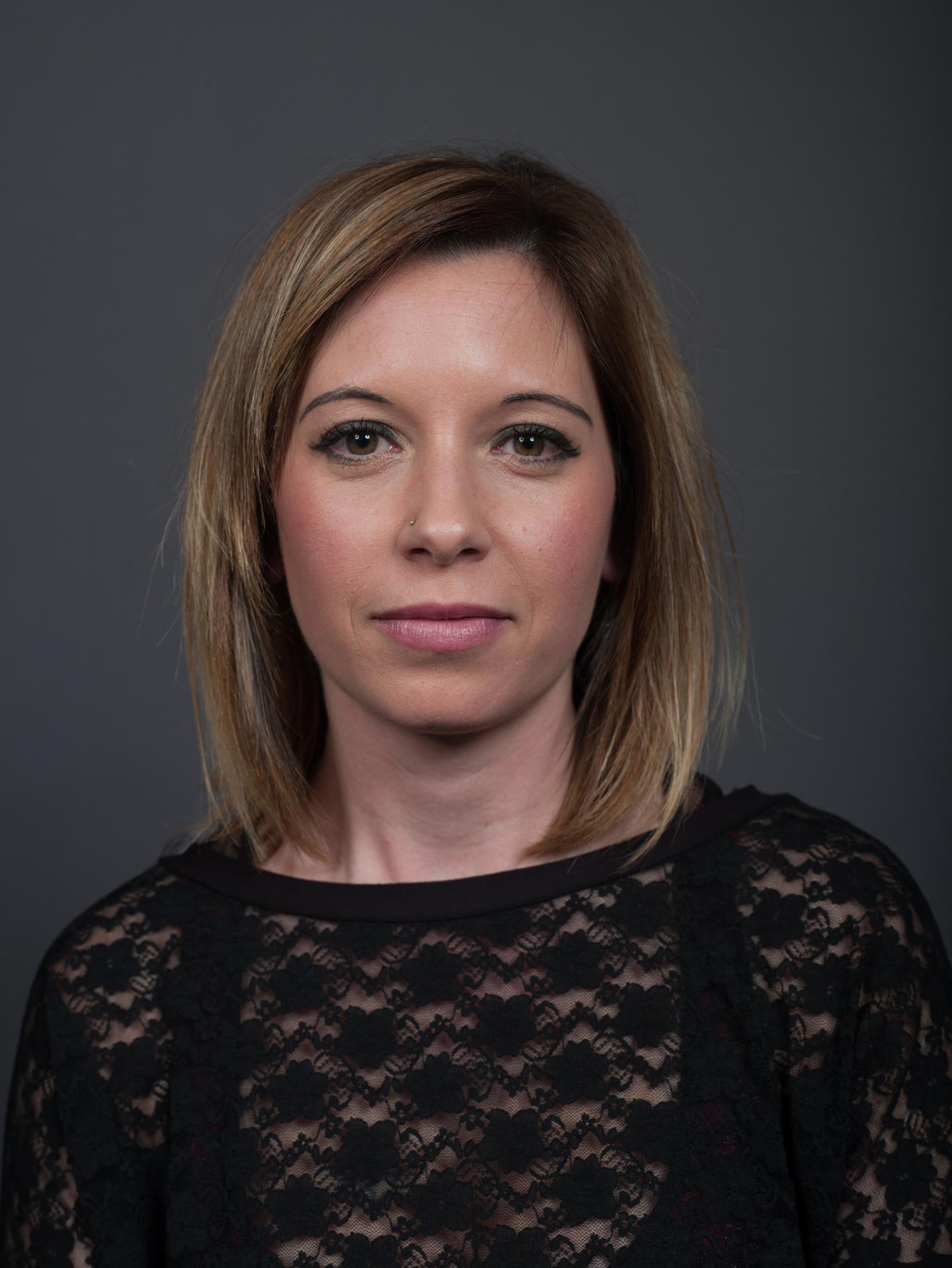
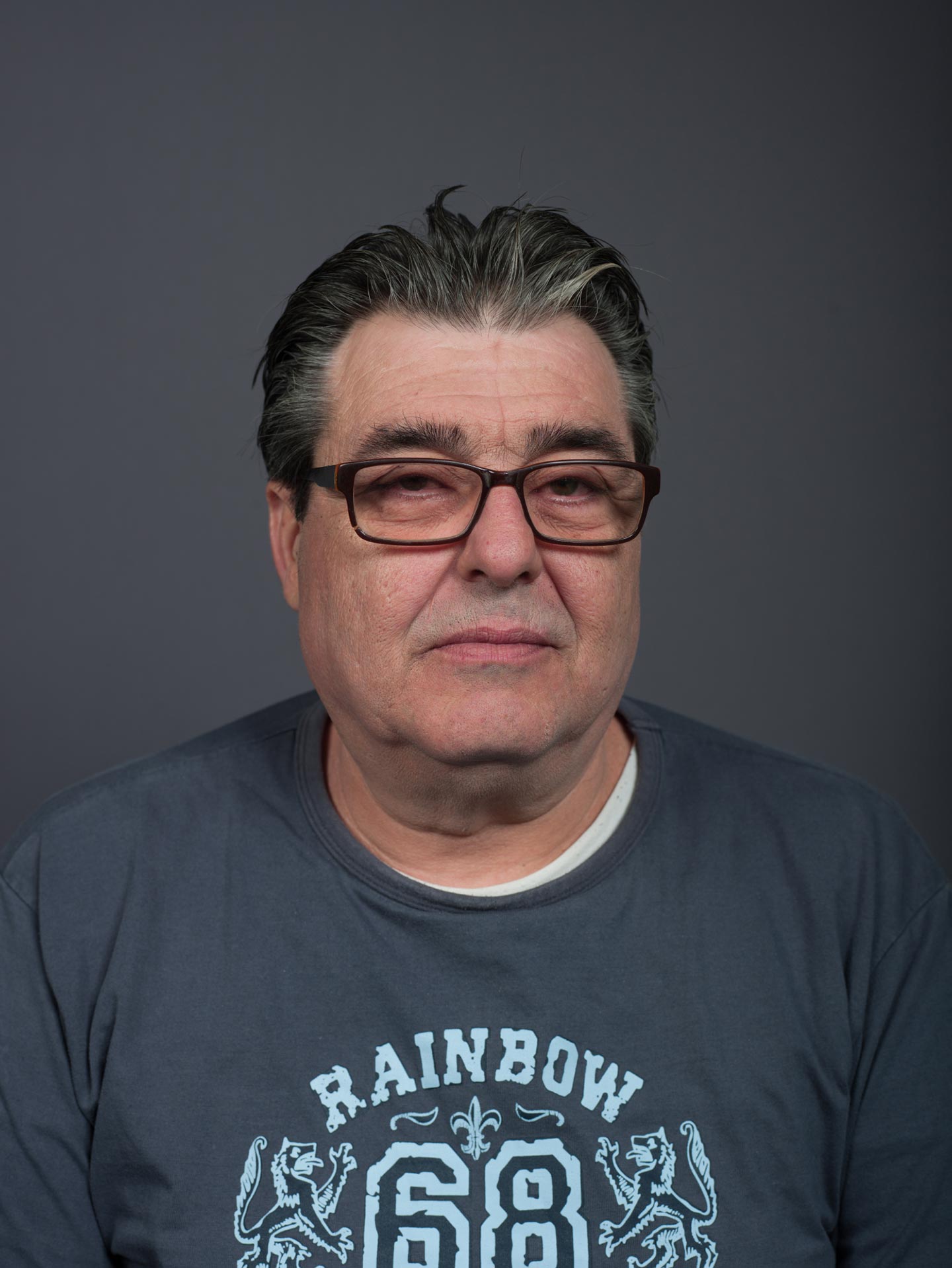
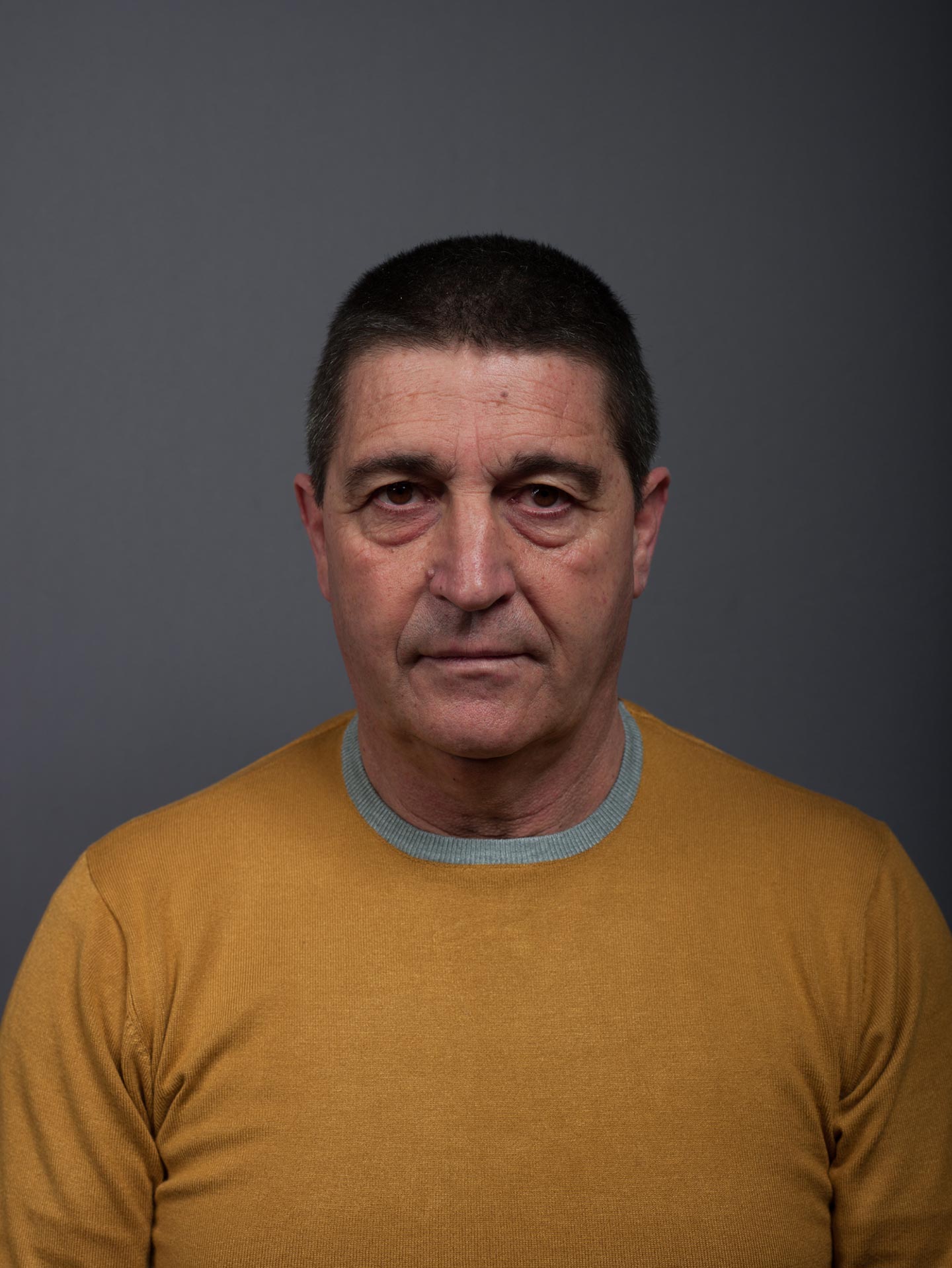
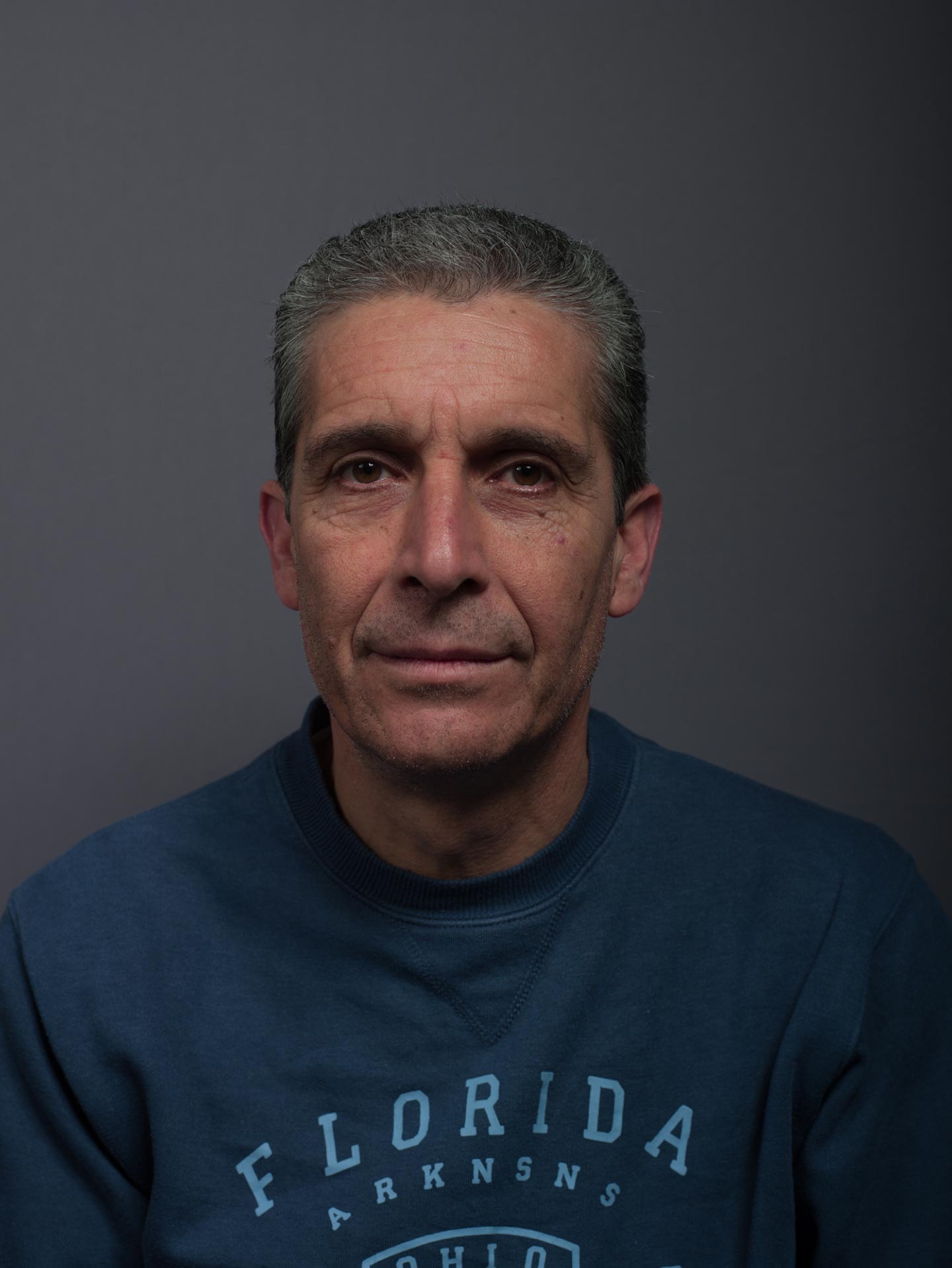
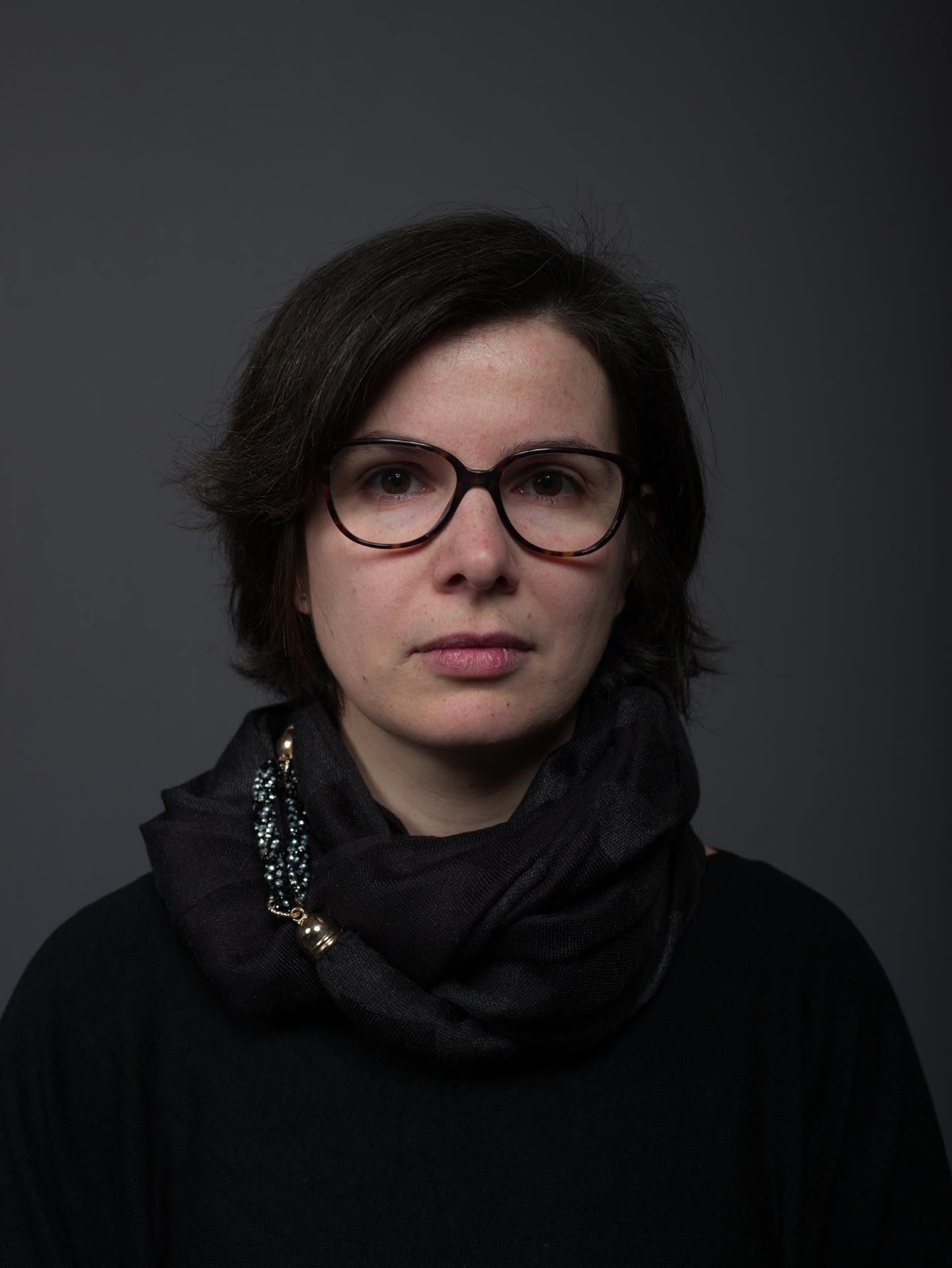
The idea of an archive often goes hand in hand with the idea of the past: something archived is usually something that belongs to a time that is no more. 48 year-old Italian photographer Tommaso Bonaventura recently started wondering about the possibility to create an archive of the present: that was the genesis of Fondo, a series of staged portraits of each and every one of the 2,135 residents living in Casacalenda, a small town in central Italy.
Hello Tommaso, thank you for this interview. What are your main interests as a photographer?
I’m interested in photography as a research instrument, a way to interpret reality, a creative and imaginative tool.
Please introduce us to Fondo.
Fondo is the result of a commission by the Fotografia Europea festival. This year’s edition invited artists to reflect on the themes of memory and archive. I thought I would make an archive, create one from scratch to confront myself with the questions and issues that come with doing such an operation.
How did you get the idea for Fondo, and what was your main intent in creating a photographic census of all the residents living in the same town?
I focused on the relationship between a small town and an archive of its residents’ faces. My idea was to create an archive of the present, a physical place that holds together the portraits of all the faces of the current and future inhabitants (the archive will be constantly updated over time).
Why did you select Casacalenda as the town whose inhabitants you were going to portray?
I’ve lived in Casacalenda for two years in my early twenties. I moved there to work on a photographic project about the disappearing of the farming culture. Initially I only knew one person who lived in the town, but with time I met more and became very fond of that place and its people. Those years were crucial for my personal and artistic formation, so when I got this commission I immediately thought to go back and close a circle I’ve opened more than twenty years ago.
Can you talk a bit about your approach to making the portraits? What did you want to capture about the people you photographed?
I’m interested in, fascinated with and obsessed by the surfaces of faces. I feel touched by that evanescent border between the inside and the outside, its permanently evolving nature and how it’s so rooted in our identity.
Do you intend to keep the archive updated in future years, when new people will be living in Casacalenda?
The archive will be updated by two local photographers who helped me a lot during the making of Fondo. They became passionate about the project and will keep taking portraits of the residents over the next years.
Did you have any specific references or sources of inspiration in mind while working on Fondo?
The work of August Sander. I’m inspired by his subdued obsession to compile a full archive.
How do you hope viewers react to Fondo, ideally?
I’d like for people to feel observed by the faces of my subjects looking back at them. I’d like them to realize how each one of those people is a separate individual, with a unique face that is something of a geographical map of their existence.
What have been the main influences on your photography?
I can’t pin down just a few—there were many. I’ve gone through several phases in which I got passionate about different things.
Who are some of your favorite contemporary photographers?
Alec Soth and Tary Simon, just to mention two.
Choose your #threewordsforphotography.
Research. Research. Research.
Keep looking...
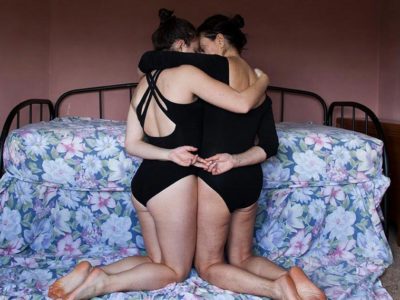
Indoor Voices — Hannah Altman Takes Healing Portraits of Herself with Her Mother
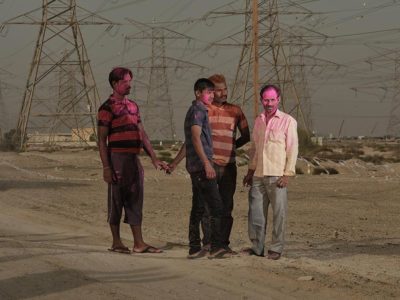
FotoFirst — Polly Tootal Photographs the Life of the Workers Who Are Bulding Dubai
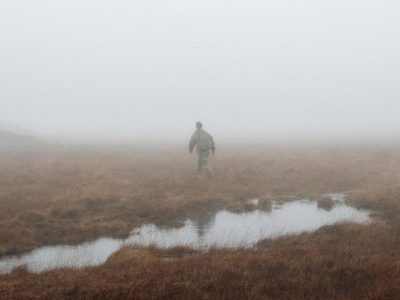
Robert Darch Constructs a Fictional Series Set in the English Moors
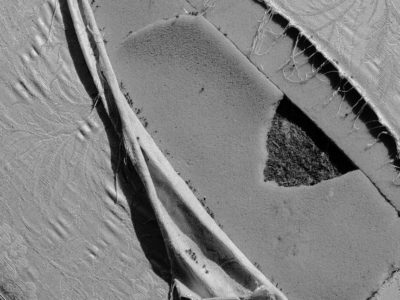
FotoFirst — Fiona Filipidis’ Images Reflect Her Emotions After the End of Her 4-year Relationship
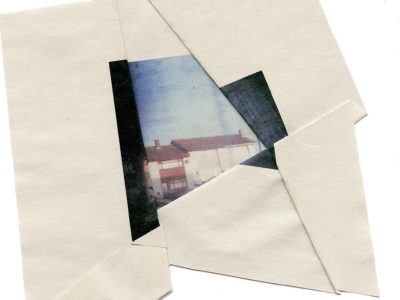
Clare Lyons Wins the Single Images Category of #FotoRoomOPEN | Espace Jörg Brockmann Edition
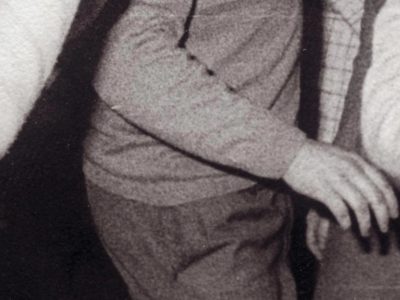
Diego Ballestrasse Wins the Series Category of #FotoRoomOPEN | Espace Jörg Brockmann
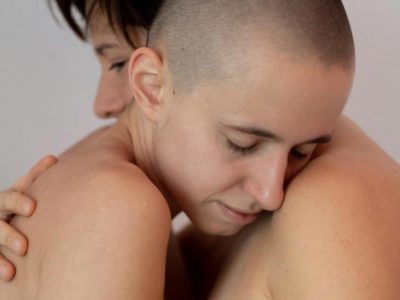
If You Are Ok I Am Ok — Karolina Sobel Explores the Intimacy of Gay Relationships
